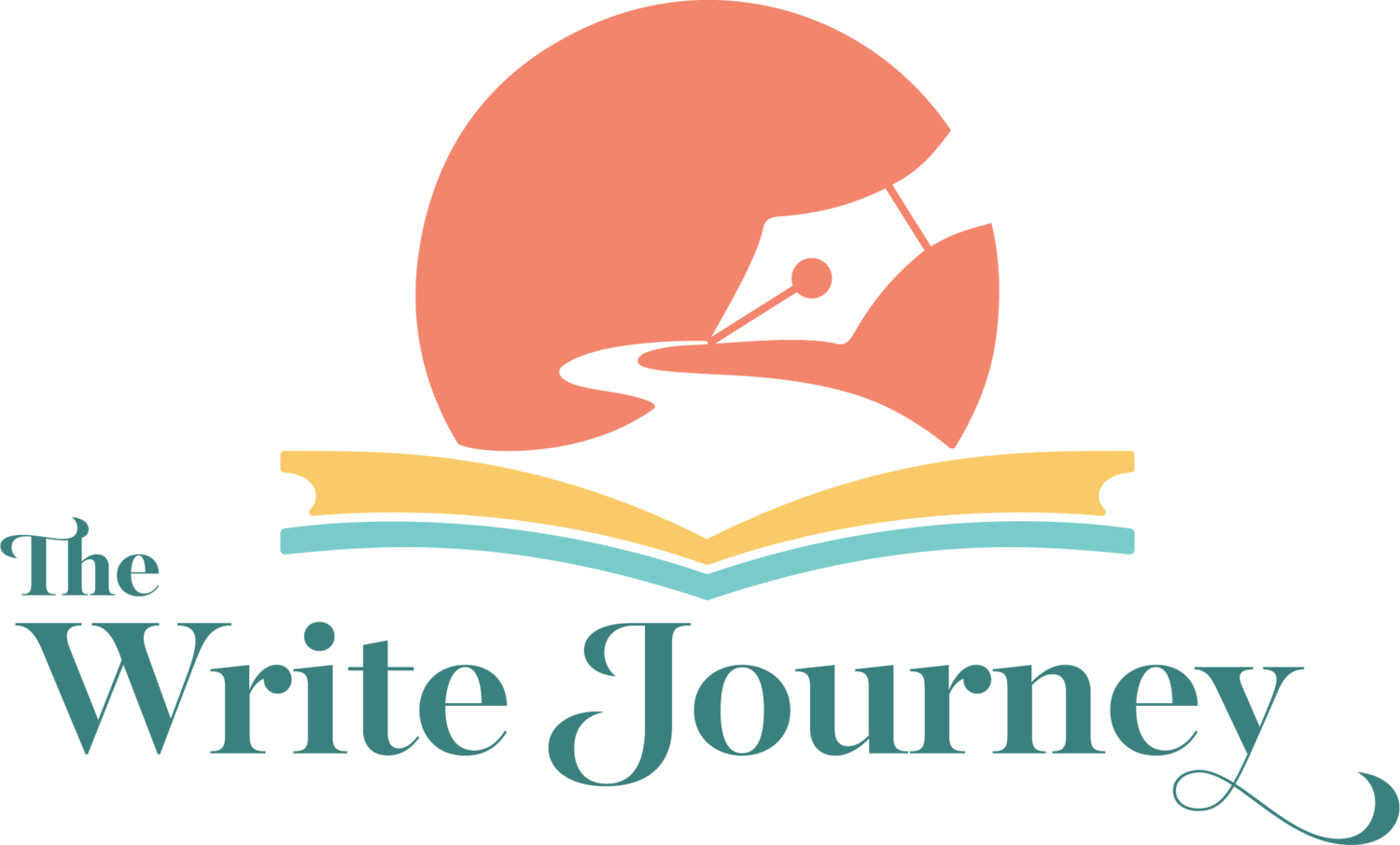If you have a child signed up for either a Writing Foundations Class, or for a Reading & Writing Class, there are several steps to be ready on the first day of class.
If you haven’t already done so - REGISTER your student for class
Double check the times and days on your order, as the start time for the earliest classes is now 9:00 am pacific/12:00 pm eastern
If your student is enrolled in a Reading & Writing class, order the novel that the class will be studying
Mark your student’s teacher’s email address as a contact to ensure emails don’t go to spam.
Search for your class email (which should arrive within the week of Aug 12-16th at the earliest - this will advise the official day and time of the class as well)
Verify that you have access to the TWJ (Elementary or Intermediate) Writing Foundations Handbooks
Share your student’s Gmail address with their instructor via email
Make sure your student joins the Google Classroom through the emailed invitation
Update Zoom on your student’s device
Verify that computer camera and microphone are working
Get ready for classes, but do not read any part of your books yet!
Gather supplies (novel, writing utensils, lined paper for note-taking, earbuds, etc.)
IMPORTANT: Plan to attend one of the following Orientation webinars (30 min.) for ALL families (even returning). Click on one of the links to register for the webinar. The purpose of this orientation is to make sure we are working together to bring quality education to your children. What is your role as parent, and what is our role as instructors? When you attend, you are able to ask clarifying questions and get your answers right away. Simply put: this is the best way to ensure your children are getting the best support.
As always, please reach out to The Write Journey teachers or office with any questions, and we look forward to classes beginning the week of August 27th-29th!





